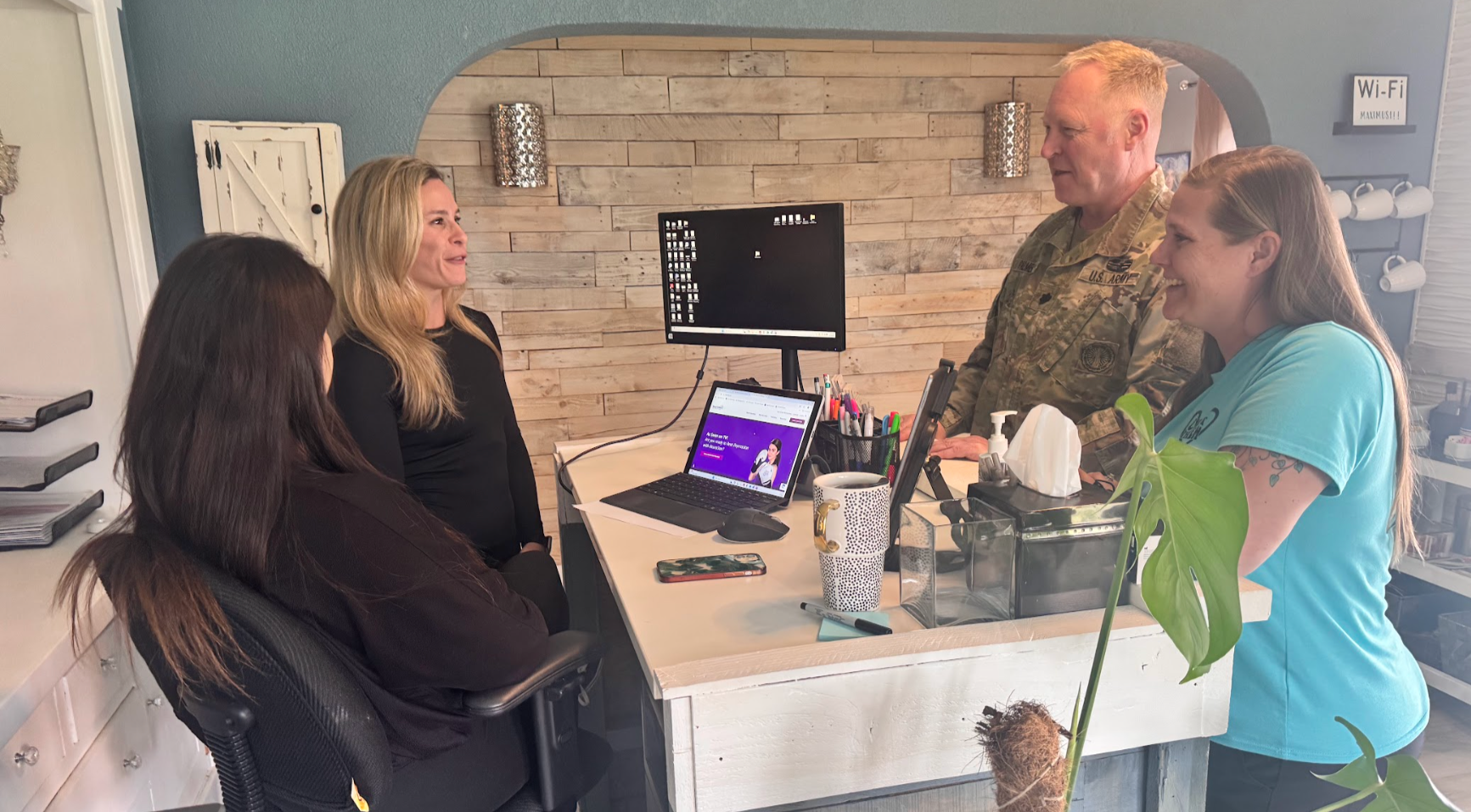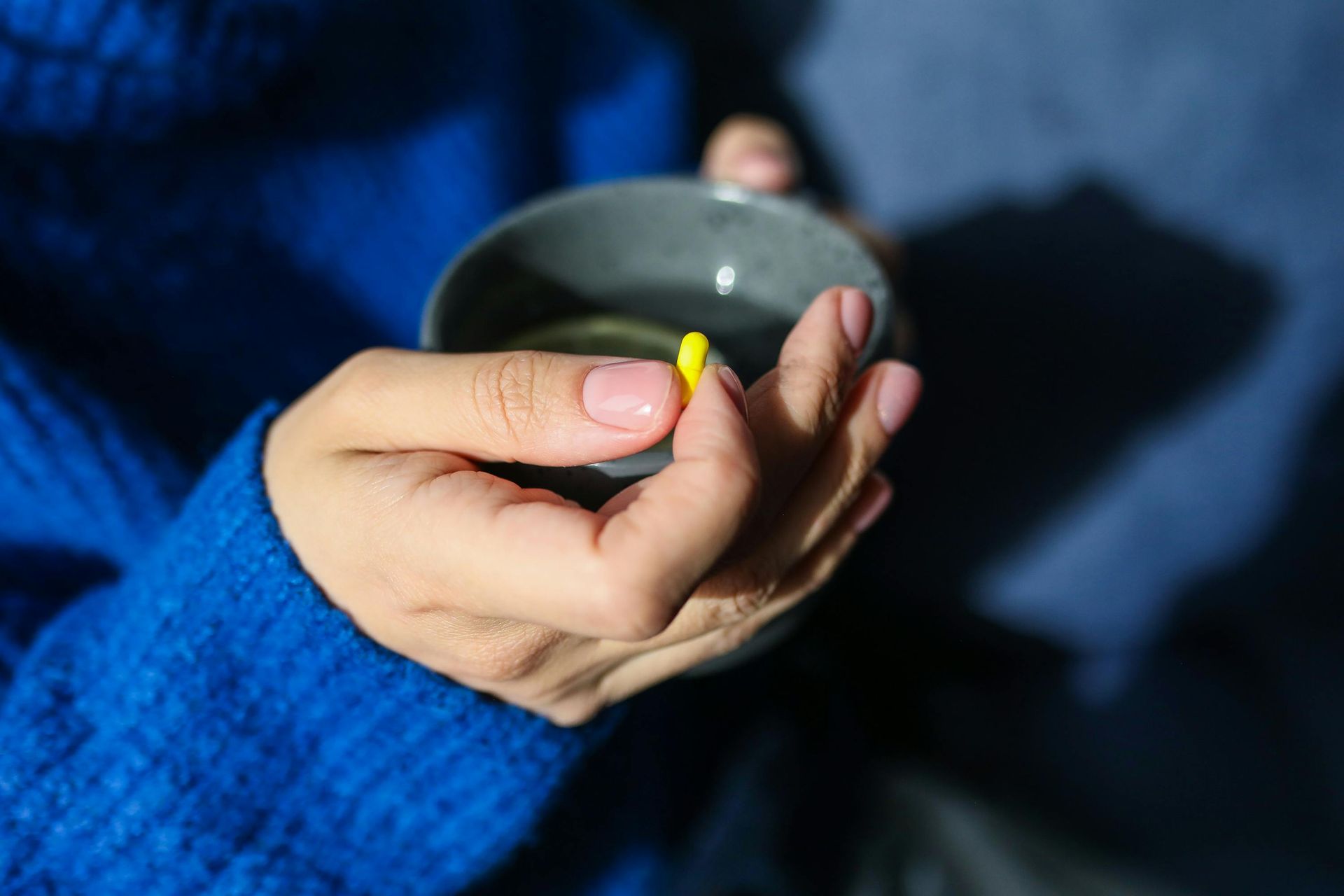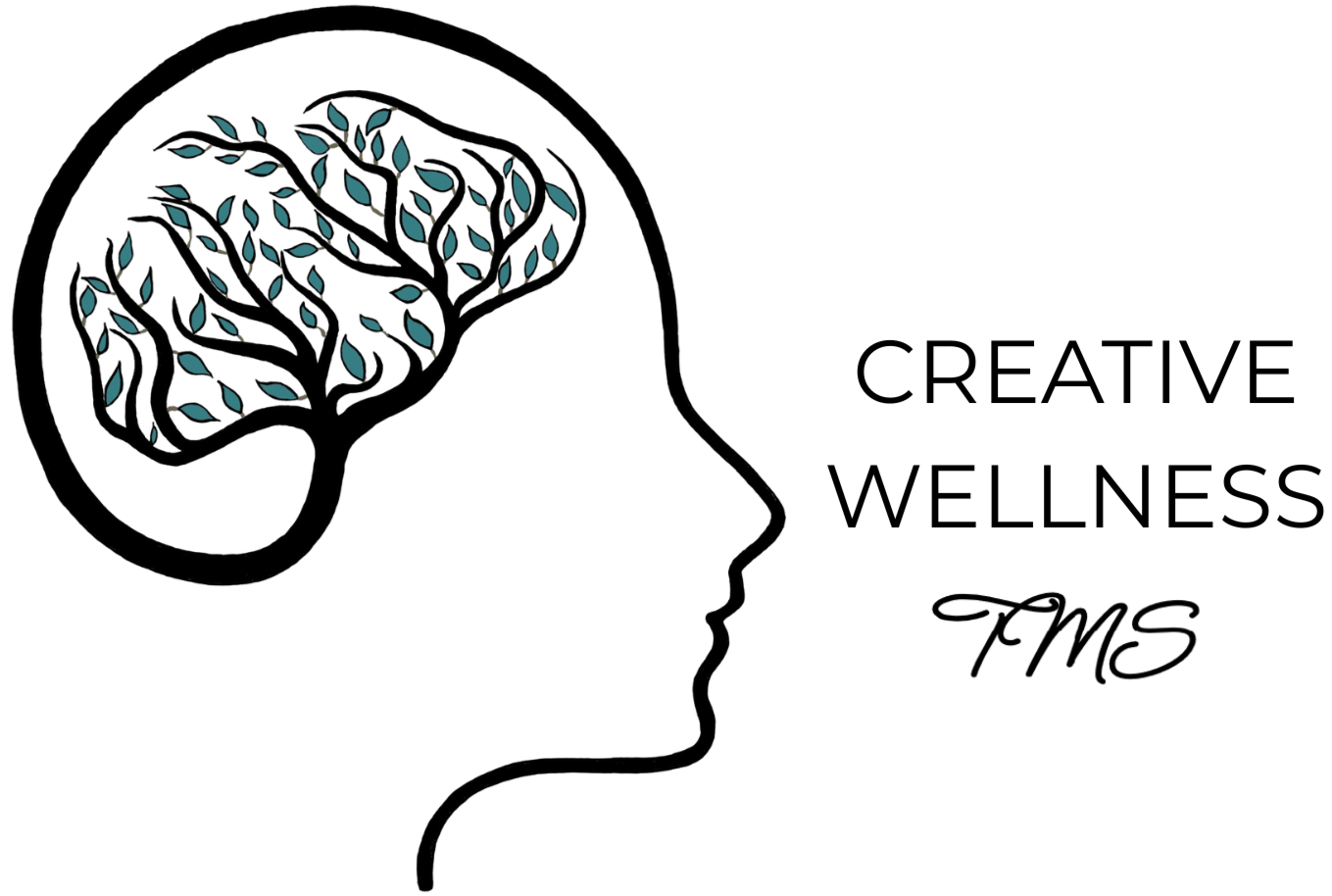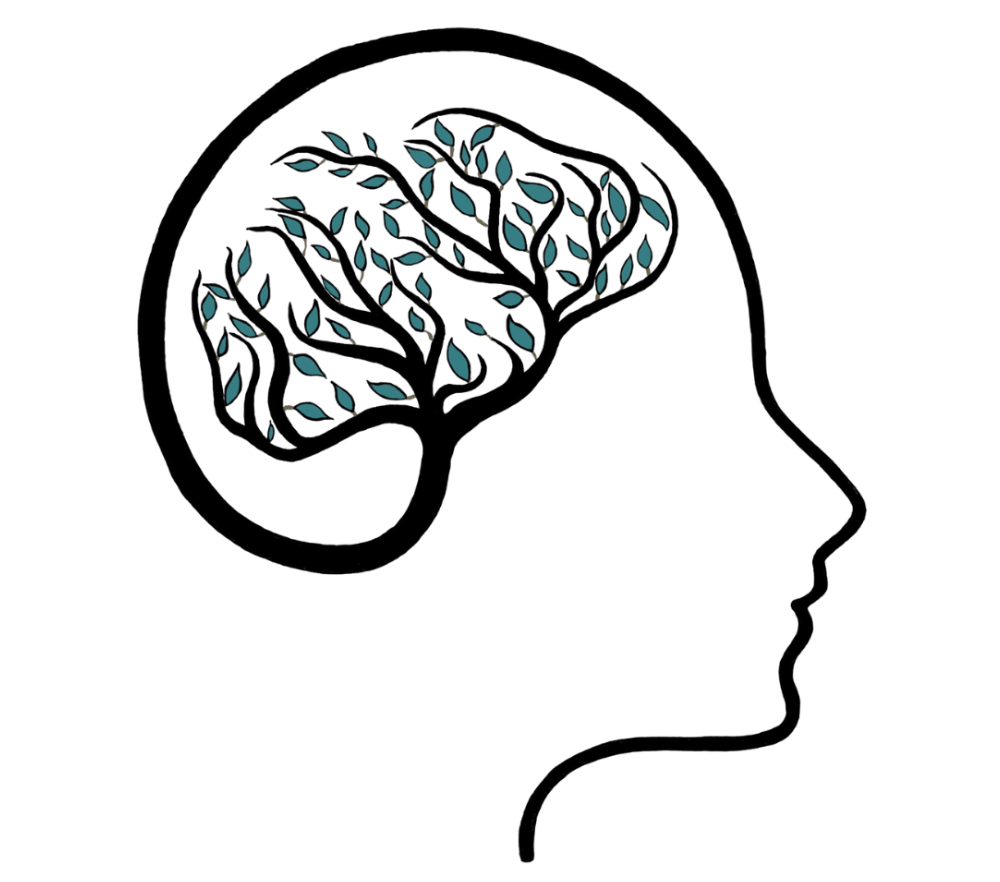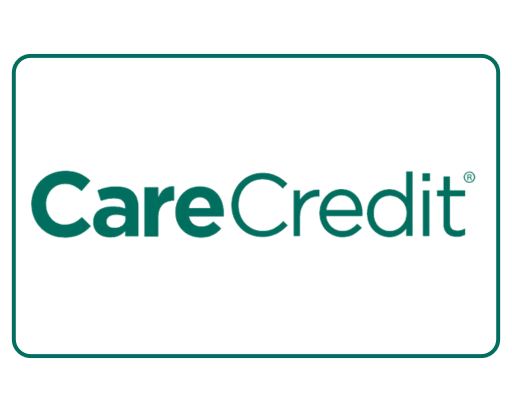Postpartum Depression and Anxiety: What New Moms Should Know
A supportive guide for mothers navigating emotional changes after childbirth
Bringing a new baby into the world can be one of life’s most meaningful experiences - but it can also bring unexpected emotional challenges. Many new mothers expect joy, bonding, and excitement, yet instead find themselves overwhelmed, anxious, or deeply sad.
If this sounds familiar, you’re not alone. Postpartum depression (PPD) and postpartum anxiety (PPA) affect thousands of women every year, and both conditions are highly treatable with the right support.
This guide outlines the signs, causes, and treatment options available - including how Creative Wellness TMS can help.
Understanding Postpartum Depression & Anxiety
Postpartum Depression (PPD)
PPD involves persistent feelings of sadness, hopelessness, or emotional numbness after childbirth. Unlike the short-term “baby blues,” PPD does not resolve on its own within a few weeks.
Common symptoms include:
- Feeling overwhelmed or constantly fatigued
- Persistent sadness or crying
- Difficulty bonding with the baby
- Loss of interest in activities
- Changes in appetite or sleep
- Thoughts of guilt, shame, or being a “bad mother”
- Feeling disconnected from loved ones
Postpartum Anxiety (PPA)
PPA can occur with or without depression. Many moms experience:
- Constant worry that something bad will happen
- Racing thoughts
- Panic attacks
- Irritability
- Physical tension
- Difficulty sleeping even when the baby is sleeping
Some women also experience postpartum OCD, which involves intrusive thoughts or repetitive checking behaviors.
Interested in learning more?
Schedule a consultation to see if TMS could be right for you.
Visit our contact page or call 253-900-1605 to speak with our team.
Why Does This Happen?
Postpartum mood disorders can be triggered by:
- Hormonal shifts
- Sleep deprivation
- Birth trauma
- Stressful or complicated pregnancy
- Lack of support
- Previous depression, anxiety, or trauma
- Exhaustion and overwhelm from adjusting to a newborn
None of this is your fault - postpartum struggles are medical conditions, not personal failures.
When to Seek Support
You should reach out for help if:
- Symptoms last longer than 2 weeks
- You feel anxious or sad most days
- You’re struggling to care for yourself or your baby
- You feel detached or emotionally numb
- You have intrusive thoughts or panic attacks
- You feel ashamed or afraid to tell someone how you’re feeling
Early intervention leads to quicker recovery. You deserve support.
How Creative Wellness TMS Can Help
We offer effective, evidence-based treatment options for postpartum mood disorders:
Medication Management
Safe, supervised options for depression and anxiety - including postpartum-appropriate medications.
Genetic Testing (Tempus NeuroPsych Testing)
Safe, supervised options for depression and anxiety - including postpartum-appropriate medications.
TMS Therapy (Non-drug, Non-invasive)
TMS is FDA-approved for depression and may be recommended for postpartum depression when medication alone isn’t enough - or when moms prefer a non-drug approach.
Benefits include:
- No systemic medication side effects
- Safe for breastfeeding mothers
- No sedation or downtime
- Highly effective for medication-resistant depression
Holistic, supportive care
Our team provides a warm, compassionate environment so you never feel rushed, judged, or dismissed.
How to Support Yourself at Home
These strategies help complement treatment:
- Prioritize sleep whenever possible
- Ask for help (housework, meals, child care)
- Lower expectations - healing comes first
- Stay connected to supportive people
- Practice short grounding or breathing exercises
- Avoid isolation
- Be kind to yourself - this is temporary and treatable
Is TMS therapy safe while breastfeeding?
Yes. TMS does not enter the bloodstream or breastmilk and is considered safe for breastfeeding mothers.
How long does postpartum depression last?
Without treatment, symptoms can last months or years. With proper care, many women begin feeling better within weeks.
Do I need a diagnosis before reaching out?
No - if you’re struggling, we can help evaluate your symptoms and guide you toward the right treatment.
Can partners attend appointments?
Absolutely. Many moms find comfort in having their partner present.
How to Support Yourself at Home
Postpartum depression and anxiety are highly treatable, and getting help is a sign of strength - not weakness.
Schedule a consultation with Creative Wellness TMS
Learn more about TMS for depression
Take the “Is TMS Right for Me?” quiz
You deserve to feel like yourself again - and we’re here to help you get there.

